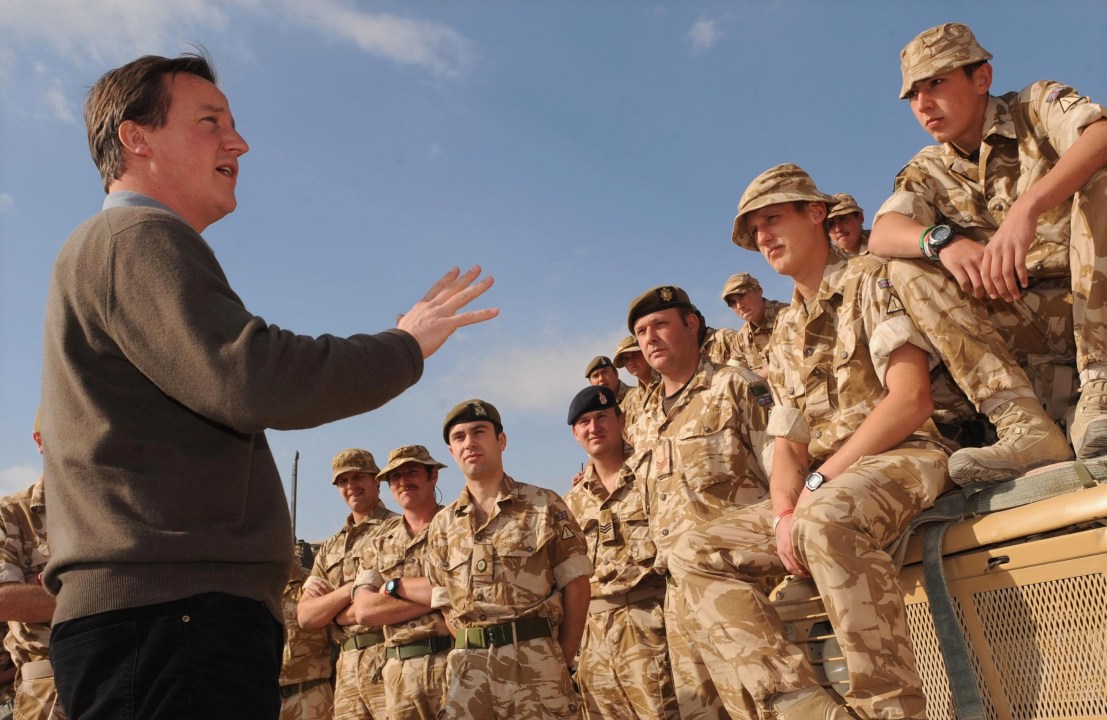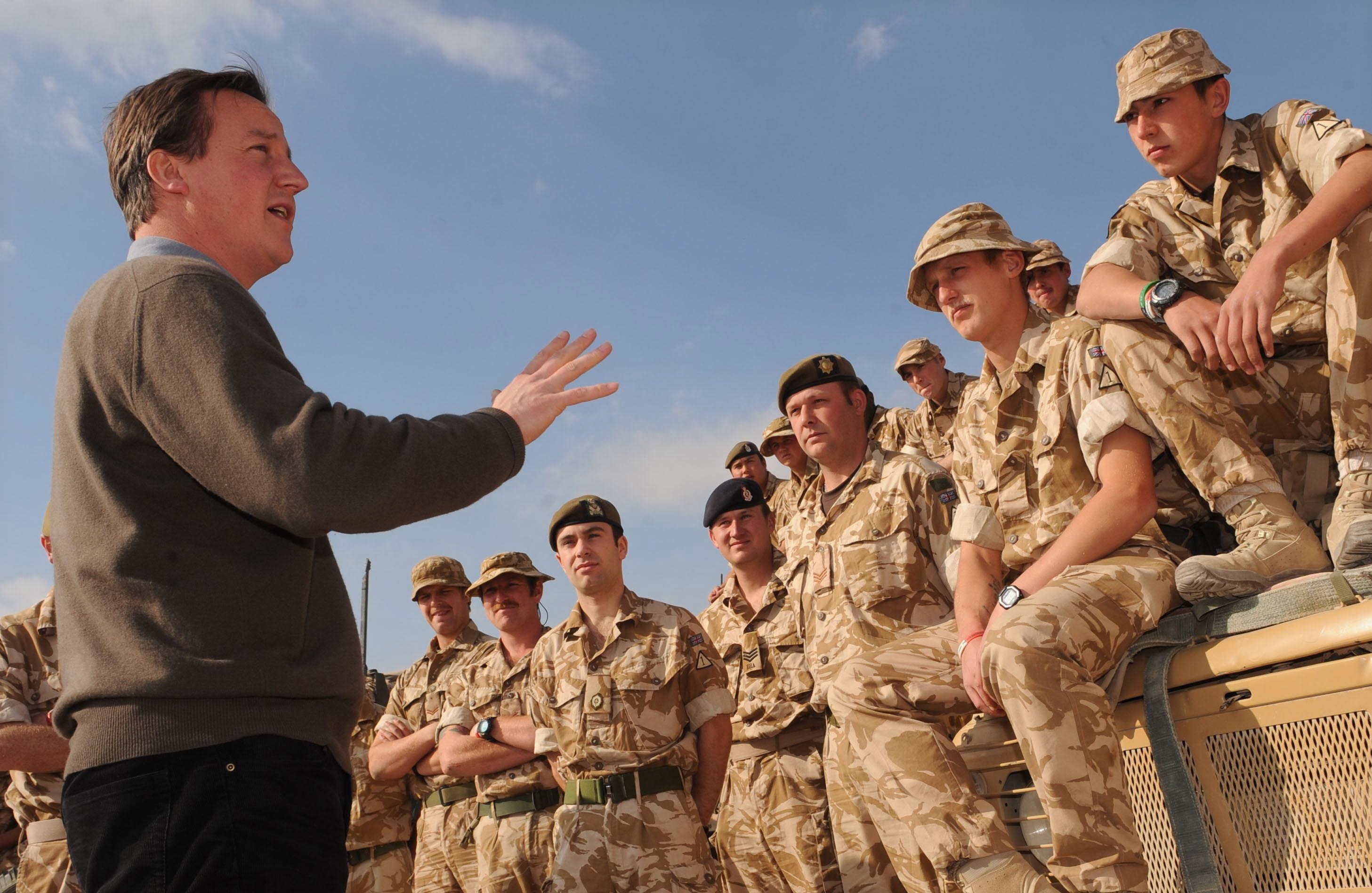 Defence geeks are waiting to see how the Conservative Party intends to conduct a Security and Defence Review, if they are elected. By the time a new government comes to power, the Ministry of Defence will in all likelihood have produced a Green Paper, setting out initial thoughts on the future of the military, which is meant to lead on to a more substantive Strategic Defence Review. But if the Tories want a process (and ultimately plans and ideas) that encompasses not only the MoD, but also the Foreign Office, DfiD, the security services and even parts of the Home Office, then a new kind of institutional vehicle will have to be set up. There are, broadly speaking, three options.
Defence geeks are waiting to see how the Conservative Party intends to conduct a Security and Defence Review, if they are elected. By the time a new government comes to power, the Ministry of Defence will in all likelihood have produced a Green Paper, setting out initial thoughts on the future of the military, which is meant to lead on to a more substantive Strategic Defence Review. But if the Tories want a process (and ultimately plans and ideas) that encompasses not only the MoD, but also the Foreign Office, DfiD, the security services and even parts of the Home Office, then a new kind of institutional vehicle will have to be set up. There are, broadly speaking, three options.
The first option would see the review carried out by a group of outsiders, perhaps former ministers or retired officials, much like the Chilcot inquiry. This would have the benefit of drawing on expertise from people like Lord Charles Powell and Malcolm Rifkind, who advise David Cameron from time to time, or give a meaty role to Pauline Neville-Jones and General Richard Dannat. Such an option could even be used, Sarkozy-style, to bring in Lib Dems and Labour experts, like Lords Paddy Ashdown and George Robertson. The downside is that key Tories such as William Hague, Liam Fox and Andrew Mitchell, who have waited for years to take key security decisions, will have to wait again for others to make the main recommendations – not a recipe for harmonious government.
The second option is to undertake the work much as a normal Strategic Defence Review, but writ large. This would see the work undertaken by a team of officials, perhaps led by a senior official who has worked in cross-departmental roles like Sir Sherard Cowper-Coles, the Foreign Secretary’s Special Representative to Afghanistan and Pakistan. The upside of this model is that Messrs Hague, Fox and Mitchell would be firmly in charge and could steer the process on a regular basis through the National Security Council that the Conservatives aim to set-up. The downside is that without outside in-put and oversight, it is difficult to see why senior officials would think any differently than they have over the last 13 years – and the product is like to be more respectful of past work and more timid in its recommendations.
The best, however, would be a hybrid version whereby the review itself would be chaired by a respected but retired figure like Lord Tom King, the former Defence Secretary, with a young MP like Rory Stewart or Tobias Ellwood as the deputy chairman, both of whom would be supported by a senior official, half a dozen officials, officers as well as a few outside experts. Ideally, the panel would include people like NATO’s Jamie Shea, COIN expert David Kilcullen and combat intellectuals like Andrew Rathmell. The review would report to the National Security Council and, by its composition, clearly be subordinate to the Foreign, Defence and Development Secretaries.
Once finished with its work, the parliamentarians involved with this third option would be ready to take on lead roles in a new National Security Committee, made up of both Houses, while the experts could serve on a National Security Advisory Board, advising the National Security Council. The officials would go back into Whitehall – and start implementing the ideas they have helped produce.







Comments